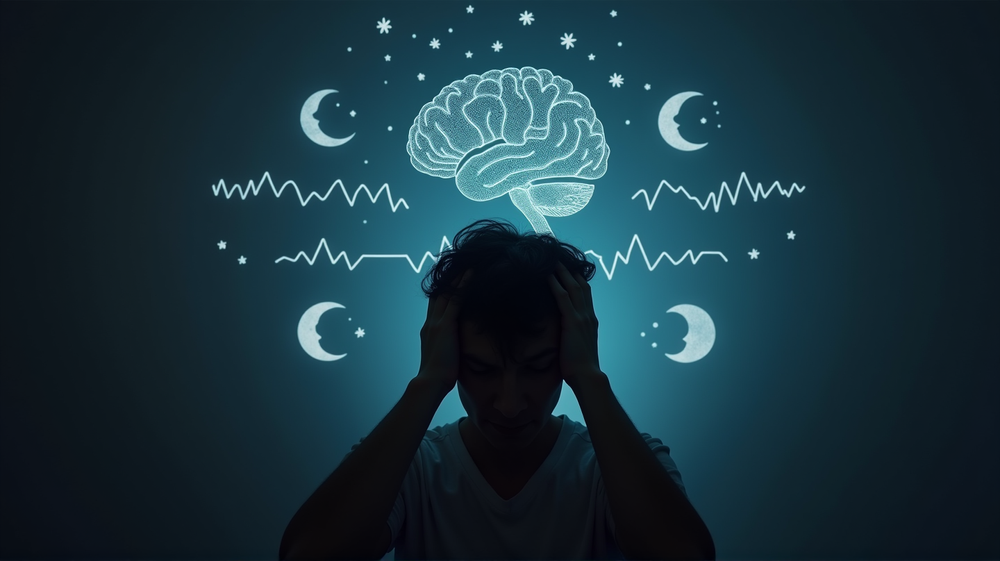The Hidden Link: How Sleep Loss Intensifies Migraine Pains
In a pioneering study, researchers have unearthed startling findings that illuminate the profound impact of sleep deprivation on migraine sufferers. With migraines affecting about 15% of the global population, this discovery unveils critical insights into one of the most enigmatic neurological disorders. As stated in Technology Networks, the study, published in Cephalalgia, reveals that sleep deprivation significantly exacerbates migraine symptoms, offering a fresh perspective on the complex interplay between sleep and pain response in the brain.
Understanding the Sleep-Migraine Connection
Migraine sufferers are well-acquainted with the intricate relationship between sleep and their condition. Proper sleep is often a refuge, reducing the frequency and intensity of migraines. Yet, a night of disrupted sleep can often herald an oncoming attack. Recent research highlights this dual nature, showing that insufficient sleep impairs the brain’s capability to mitigate pain, thus heightening vulnerability to migraines.
A Glimpse Inside the Brain’s Response
Dr. Petter Moe Omland from the Norwegian University of Science and Technology led an insightful study that involved 140 participants. Both migraine sufferers and healthy individuals took part in a meticulous exploration of how sleep deprivation alters cerebral responses. Using sophisticated EEG technology, the study measured brain activity following both restful and restricted sleep periods by exposing participants to controlled pain stimuli.
Altered Brain Activity: A Key Discovery
The results were telling. The cerebral cortex in those with migraines exhibited markedly different responses after sleep deprivation compared to those without. This altered activity suggests that the brain’s pain-suppression systems are weaker under the strain of sleep loss, providing a clearer understanding of why sleep-deprived individuals with migraines face amplified pain.
Unraveling the Mechanisms of Pain Processing
One of the pivotal insights from Omland’s research is the identification of disruptions in nerve cell activation. These disruptions impair the natural dampening of pain, explaining the heightened sensitivity experienced by migraine sufferers. This breakthrough paves the way for novel therapies aimed at restoring normal pain processing, potentially alleviating one of the most debilitating aspects of migraines.
A Personal Journey Turned Scientific Pursuit
Dr. Omland’s personal experiences with sleep-deprived migraines during his hectic life as a doctor and researcher add an emotional and motivational layer to this scientific inquiry. His dedication reflects a broader hope within the scientific community: that these findings will lead to improved treatment options and management strategies for those plagued by sleep-triggered migraine attacks.
This groundbreaking research underscores the crucial role of sleep in managing migraines and opens potential new avenues for targeted treatment, heralding hope for millions struggling with this widespread condition.




